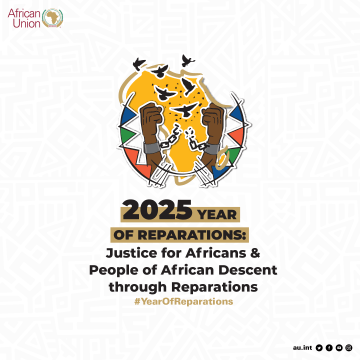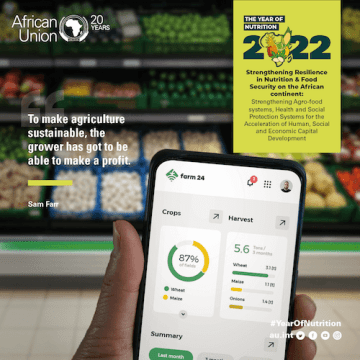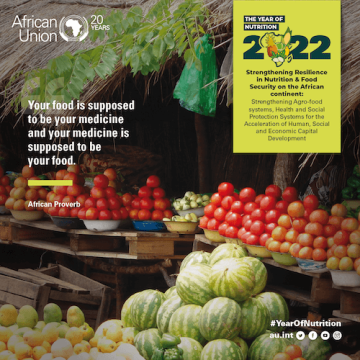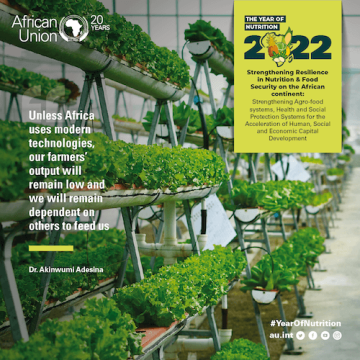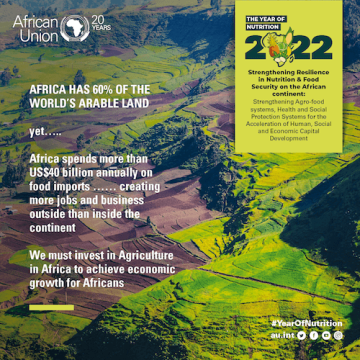14 October 2025 – In line with Decision [Assembly/AU/Dec.631(XXVII)] of the African Union Assembly of Heads of State and Government and Article 6(g) of the African Peer Review Mechanism (APRM) Statute (2020), which jointly mandate the APRM to support African countries in the area of credit ratings, the APRM routinely conducts independent analyses of rating actions and commentaries issued by international credit rating agencies on African sovereigns and multilateral financial institutions.
The APRM has taken note of Moody’s downgrade of the Republic of Senegal’s sovereign credit rating to Caa1 from B3 on 10 October 2025. This marks the third rating action by Moody’s since 4 October 2024, cumulatively reducing Senegal’s sovereign credit rating by four notches from Ba3 to Caa1 within a twelve (12) month period.
The APRM also acknowledges Senegal’s official response, issued on 11 October 2025, contesting the downgrade. While the challenges the country faces in finalising its programme with the International Monetary Fund (IMF) are recognised, the severity of the current rating action appears disproportionate and insufficiently supported by new macroeconomic developments.
Moody’s latest report cites concerns arising from an audit by the Ministry of Finance, which revealed fiscal deficits and debt levels higher than previously reported. However, these findings were already publicly disclosed and factored into earlier rating decisions. As such, the rationale for this latest downgrade does not represent a material change in Senegal’s economic outlook.
Moody’s also stated: “While our baseline scenario assumes eventual IMF support under terms that do not necessitate debt restructuring, our confidence in this outcome has diminished. The materialisation of larger funding needs than we currently expect would further strain liquidity.”
This statement anchors the downgrade in subjective considerations, including “scenario”, “assumptions”, “expectation,” and “analyst confidence.” Such language highlights the discretionary and judgment-based nature of credit ratings, reinforcing long-standing concerns about the subjectivity and procyclicality inherent in sovereign credit assessments.
Empirical evidence shows that when analysts hold an optimistic sentiment, credit ratings can help support an economy’s recovery, even when underlying fundamentals remain fragile. Conversely, pessimistic sentiment can aggravate financial challenges, even in the presence of improving fundamentals.
Senegal’s voluntary disclosure of its revised debt figures should be recognised as a demonstration of good faith and transparency, in line with international best practices and principles of fiscal accountability. It is concerning if such openness is met with punitive rating actions, as this may discourage other sovereigns from adopting similarly transparent practices.
The APRM reiterates its call for:
- Enhanced engagement between credit rating agencies and sovereign issuers to ensure that rating decisions are informed by a comprehensive, up-to-date, and contextual understanding of national circumstances.
- Balanced and fair assessments by rating analysts that acknowledge reform efforts and transparency initiatives, avoiding undue penalisation based on unsubstantiated assumptions of risk.
- Greater transparency in the credit rating process to mitigate procyclical biases and provide more accurate representations of African economies in global capital markets.
The APRM will continue to closely monitor developments in Senegal and will engage with both the government of Senegal and the relevant rating agencies to promote accurate, transparent, and development-oriented credit rating practices across the continent.
For media inquiries or further information, please contact: APRM Continental Secretariat at info@aprm-au.org.
@APRMorg – X



